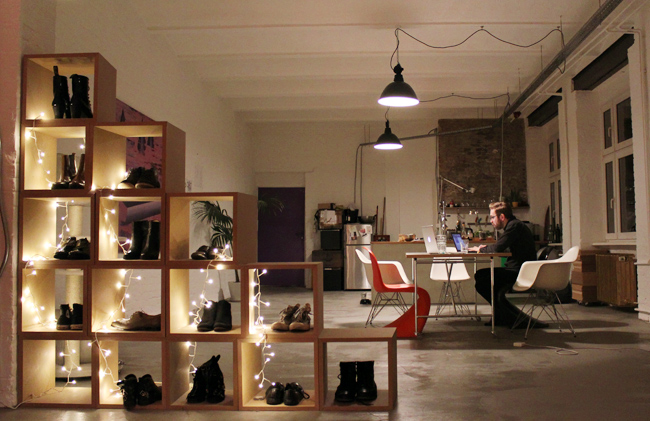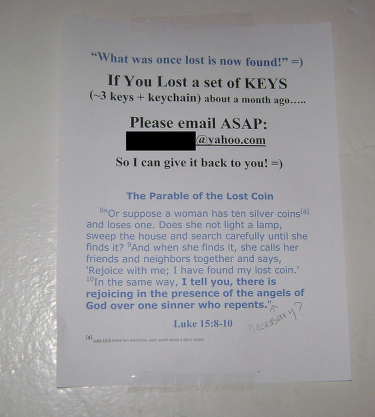Practical advice about moving to Berlin is something we’re always asked for, but it’s a subject we’ve skirted around in the past. We’ve broken down
subletting in Berlin and given forth about
creative migration, expat culture and gentrification (phew!), but none of that will help you decide whether to move to Berlin, or how to go about it. It’s not that we’re trying to stop the place filling up with other expats (honest!), it’s just that – eight months in – we still feel like newbies in a lot of ways. Regardless, we thought we’d share what we’ve learnt so far.
The best resource we’ve come across is this comprehensive guide to moving to Berlin on the now-defunct Berlin Memory Blog. It was last updated two years ago, but most of it still applies – the city isn’t changing half as fast as some of its residents fear. Use it as your starting point and we’ll bring it up to date and fill in a few gaps here.

The first thing to note is that rent isn’t as cheap as it was two years ago, at least in the desirable areas. Apartments in Kreuzberg fetch more than 7€ a square metre these days (closer to 10€) and our beloved Graefekiez is now just as expensive than Bergmannkiez. However, neighbouring Neukölln is still cheap(ish), and becoming more and more attractive as hip young people move in and open up bars, cafes, shops etc.
While rents everywhere remain a fraction of those found in other European capitals like Paris and London, your initial outlay may be considerably more. When you decide to rent an apartment of your own, don’t be surprised if you’re stung with hefty agent fees (typically 2.38 months’ “cold rent”), as well as a month’s rent in advance and another month as a deposit. Costs like this are easily avoided by subletting or moving into a flatshare, which you probably will when you first arrive.
Cost of living hasn’t increased much since the Memory Blog guide was last updated – at least for essentials like kebaps, beer and Berghain entry – but one of the costs that could catch you out is health insurance. What you pay depends on how much you earn and what level of cover you need, but we reckon premiums will come out at about 15% of your earnings (if you have a job here, your employer will contribute towards this). Health insurance is mandatory, and if it takes you a while to sort it out, may be backdated to when you first registered as a citizen. If you’re only going to be here a short while, don’t bother; even if you plan to stay here long term, you could save some money by taking your time to register (but you didn’t hear that from us!).

The tax system is fairly complicated here, and largely depends on what you declare your employment status to be, so we’ll just repeat what all the forum threads we’ve read say: get a tax advisor! But even if you pay a lot in taxes, you should be thankful to be earning at all. While unemployment in Germany is currently at a 20-year low of 7%, Berlin routinely records double that (and the rate is especially high among young people). Things are looking up, as the creative industry booms and startups establish themselves here, but the best (and perhaps most obvious) advice we can give is: bring work with you when you move here. We know expats who do the typical Berliner thing of holding down a bunch of casual jobs, and some who’ve blagged benefits, but the only way of guaranteeing a “comfortable” living is with some overseas contracts.
As for the German language, what you’ll never fully appreciate until you move is here is that you really don’t need to speak German to get by. Most people speak English, and, for the most part, they love the practice. Of course, refusing to learn any German rather defeats the point of living abroad (and makes you a Bad Person), but you will learn much faster once you are living here. What worked for us was a few very basic classes in London supplemented with some CDs, followed up by a course at the Deutsch Akademie in Berlin (very cheap, very intensive, some great teachers). We plan to do a tandem language exchange, and perhaps some private classes, but this was a good start.

One final piece of (not so practical) advice: JUST DO IT! We procrastinated for about five years waiting for the “perfect time” to make the move, before realising that there’s no such thing. If you love the city or are just sick of the place in which you currently live (or, like us, both), you have nothing to lose by moving to Berlin. Even if it doesn’t work out in the long term, the city is a great place to live even temporarily – and you can go home knowing that you tried something truly extraordinary. See you in the Kiez!
So…. we hope that’s some help. If you have questions, corrections or other helpful advice to share, feel free to comment below or contact us via email or Twitter. We’d love it if this blog became a place for people to ask questions, and get answers, about moving to – and living in – Berlin.









